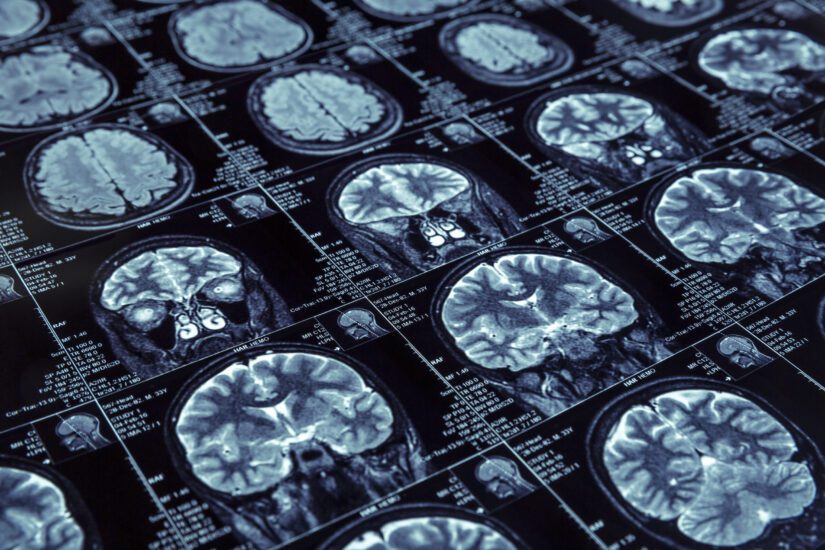Surely by now everyone is aware of the effects that stress can have on the health and minds of young people. Already there are common physical symptoms associated with sleep, ranging from high blood pressure to insomnia. New research from Stanford University, however, suggests that extreme stress imposes different effects on the young brains depending on whether the child in question is male or female.
The study focuses on a part of the brain called the insula, which detects cues from the body and helps to process empathy as well as one’s own feelings. It seems that trauma-inducing stress can change the structure of the insula, which can have long-term impact. Those changes, however, seem to vary depending on the gender of the child, which means that girls and boys can respond differently.
In the brains of boys, the trauma was more likely to make the insula larger, while for girls the result was to make it smaller. In fact, the effect on girls can be to cause premature aging of the insula, which in turn could trigger earlier-than-normal puberty.
This is still an early study, and deals with extreme stress. The scientists involved, however, point out that more research is necessary.
Because evidence is growing that stress affects our biology, it’s important to take it very seriously. Young people should be taught to take breaks from work in order to relax, while prioritizing exercise has also been shown to have beneficial effects. Taking up a hobby can calm down an overworked brain, and getting enough sleep every night can boost not only mental health but physical health as well.
Stress is a part of life, to the point where few of us even question it. But recognizing what it is and how it affects us can motivate us to fight it. Learning how to tackle stress is especially valuable at a young age because it can pay dividends throughout life.


